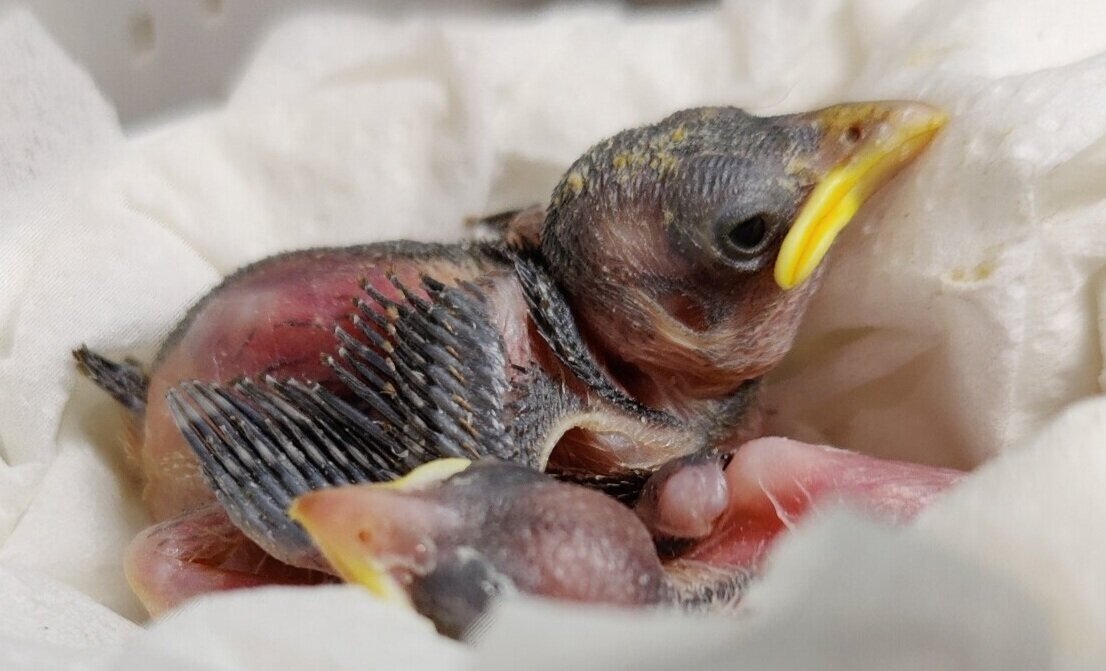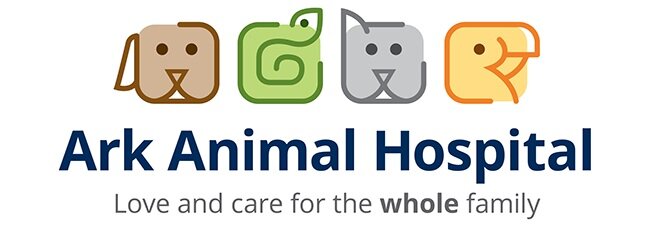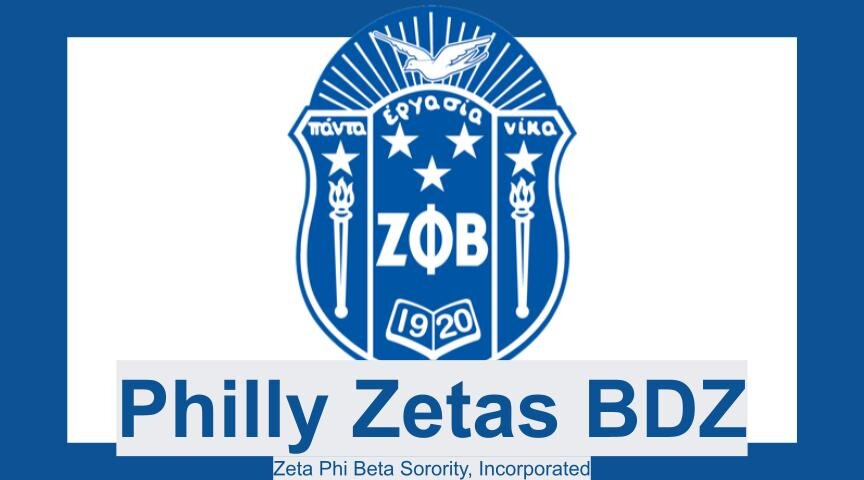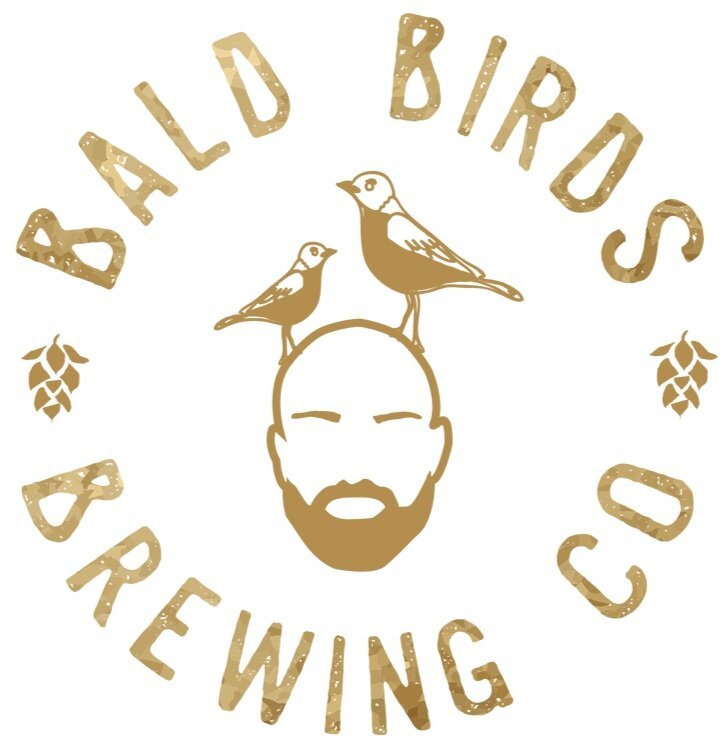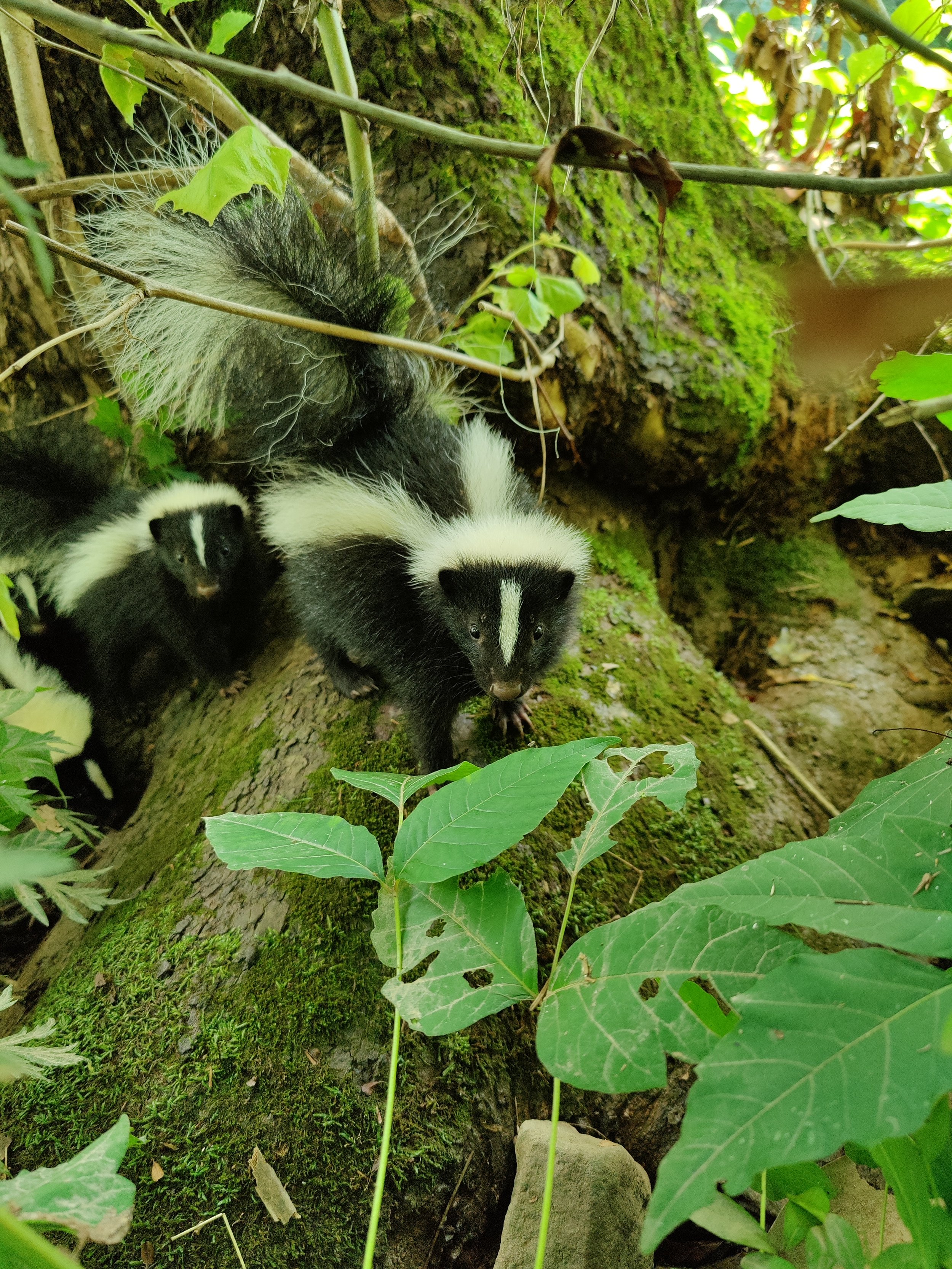
Philadelphia
Metro
Wildlife
Center
RESCUE | REHABILITATION | EDUCATION
Admissions by appointment, only
open daily 10am-4pm
Philadelphia Metro Wildlife Center is a hospital run by licensed wildlife rehabilitation professionals.
We treat all species of injured or orphaned wildlife. We DO NOT treat pets or remove/admit "unwanted" animals of any kind.
You must speak to a member of staff prior to bringing an animal.
Most often, people observe normal wildlife behaviors which require no intervention, and the animal(s) should be left alone.
If an animal needs help, please know you are responsible for transporting the animal to us in Norristown/Worcester Township, Montgomery County, PA. We will advise you about animal transport safety.
Search for answers to the most commonly asked wildlife questions
Use this tool to determine what to do with hurt wildlife after hours
If you see a wild animal in distress, call us before you take any action. This has always been our policy - but is especially important in this context (for the health of all wildlife and humans involved).
Why we chose the chickadee to represent our organization:
We get a lot of calls from people thinking young rabbits are orphaned.
Fawns only get hydration through mom. Making it walk around when it should be stationary could easily dehydrate it. That means, don’t disturb it. Checking to “see if it’s ok” may very well be counter productive.
If you are worried about a bird nest, know that you won’t necessarily see a feeding. In fact, if you watch, your presence may keep the parents away, defeating the purpose.
Baby animals can be adorable. This may lead you to consider keeping the animals (either indefinitely or temporarily) in order to have the experience of nurturing a baby wild animal.
If you happen upon a baby, the best outcome will result from a reunion with its mother.
Last week, woodchucks began to emerge from hibernation.
If you suspect you have observed a fox suffering from mange, please call us to discuss the issue. These situations involve a complex decision tree…
When you find a baby raccoon, give us a call. We will assist you in evaluating the situation to determine whether the animal needs help, and if so, what type of help would be best. NEVER FEED OR HANDLE THE RACCOON. CALL US BEFORE YOU TAKE ANY ACTION.
If you find a baby fawn, leave it be. Never move it or feed it milk. If you have a concern about its well-being, call us first (267) 416-9453.
It’s baby rabbit season! Unless an injury is clearly visible, LEAVE IT BE. Mom WILL be back.
This is the time baby birds are at highest risk of "KIDNAPPING" by humans who assume the bird is orphaned. If the bird is not obviously injured, leave it alone.













